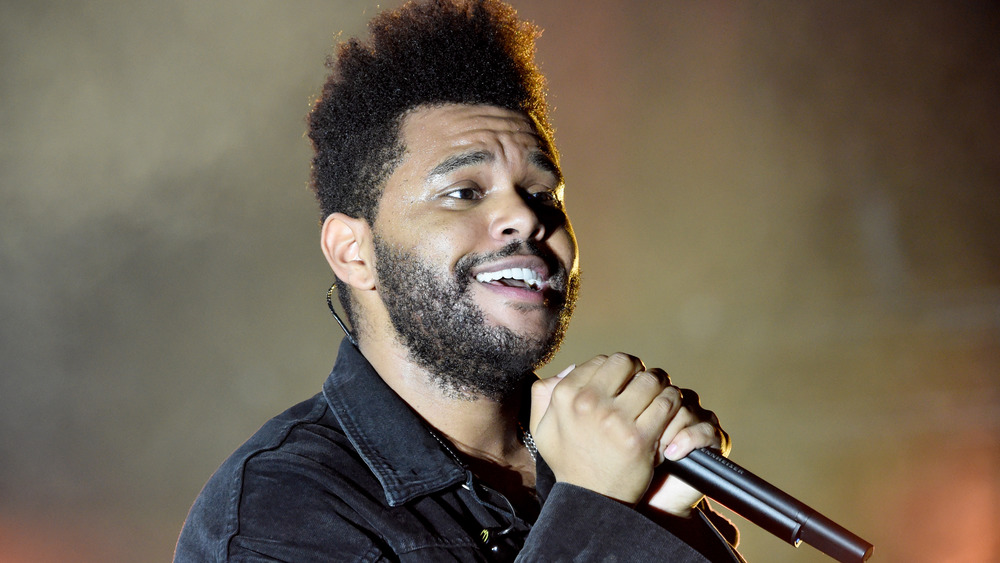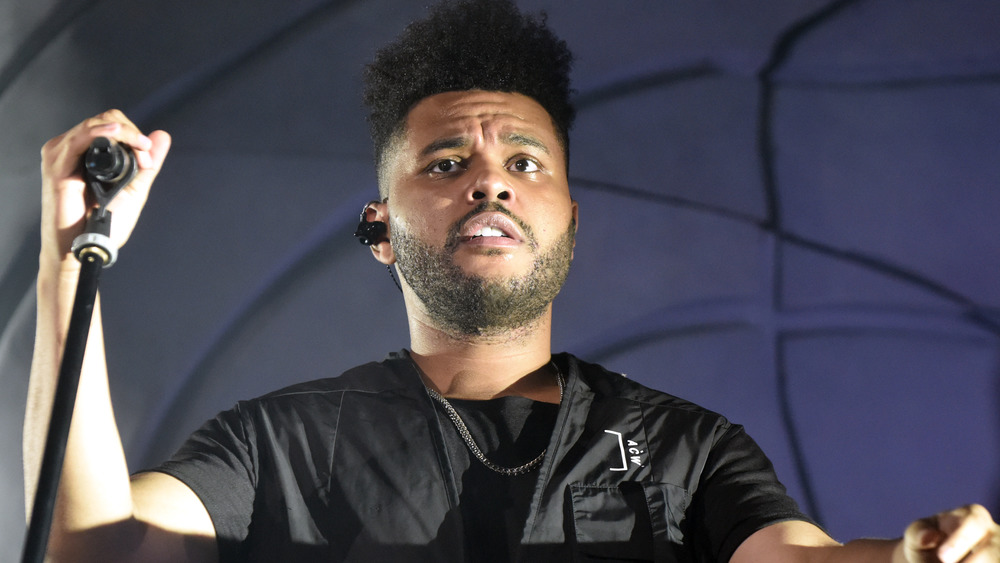The Real Reason The Weeknd Is Paying Millions For His Super Bowl Performance
The Weeknd is determined to make his upcoming performance at the Super Bowl halftime show something that no one will soon forget.
Just over a week before the musician is set to take to the stage at the Raymond James Stadium in Tampa, Florida, where the Tampa Bay Buccaneers will battle the Kansas City Chiefs, a report has revealed that The Weeknd, 30, whose real name is Abel Tesfaye, has actually spent millions of his own net worth in hopes of ensuring that his performance will go off without a hitch. On January 28, in Billboard magazine, Tesfaye's managers, Amir "Cash" Esmailian and Wassim "Sal" Slaiby, addressed the highly anticipated show.
"We always had the Super Bowl on our bucket list, and we've always had timelines for all of our goals," Esmailian shared. "It came a few years earlier than we expected." While producers of the event typically cover costs, Slaiby said The Weeknd spent $7 million of his own money to "make this halftime show be what he envisioned." "We've been really focusing on dialing in on the fans at home and making performances a cinematic experience, and we want to do that with the Super Bowl," Tesfaye explained.
The Weeknd won't be paid for his performance
Following his performance, The Weeknd won't receive a paycheck from the NFL. Instead, he'll cash in in other ways.
As a report from CNBC in January of last year illustrates, The Weeknd is sure to see a major increase in music sales as a result of his show, just like many musicians before him. After all, there are typically more than 100 million viewers tuning into the Super Bowl each year, many of whom follow up on the event by purchasing music.
Following Justin Timberlake's performance in 2018, he saw a 534-percent increase in music sales, and his album, Man of the Woods, climbed to the number-one spot on the U.S. Billboard 200 album chart. Meanwhile, after Maroon 5 performed the following year, their sales saw a 488-percent increase.
In 2017, after Lady Gaga's show, her digital catalog saw sales increase by over 1,000 percent.

